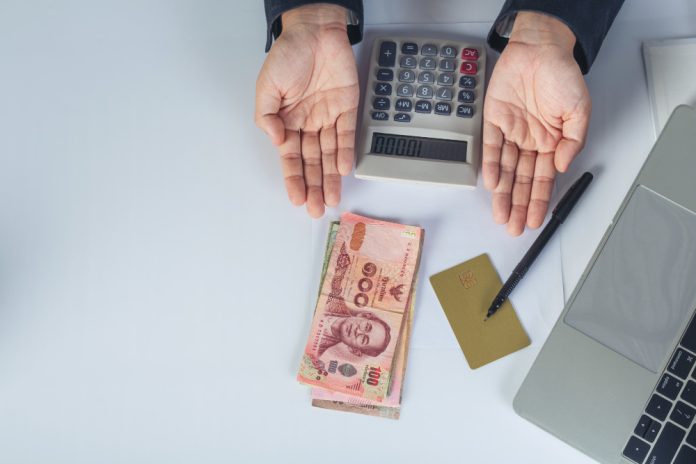According to the final tally of the country’s biggest union group, Japan’s annual pay negotiations ended with the highest raises in more than three decades, confirming an upward trend in wages sought by the central bank.
On Wednesday (July 3), Union Federation Rengo announced the final calculation of this year’s wage negotiations, showing its members achieved a 5.1% gain.
The result was lower than the initial figure of a 5.28% increase in March after including more deals, including those at smaller businesses. The figure still represents the largest hike since 1991. Rengo unions have around seven million workers, roughly 10% of Japan’s workforce.
The confirmation of strong wage momentum adds to signs of strengthening wage momentum that the Bank of Japan (BOJ) hopes will feed into consumption and stable price growth. The central bank raised interest rates for the first time in 17 years in March, a couple of days after the release of Rengo’s initial tally.
The BOJ’s next policy meeting is scheduled for the end of this month, with one in three watchers expecting a rate hike, according to the latest Bloomberg survey. The final tally of figures showed the gap in pay gains between large and small firms.
Smaller businesses employing fewer than 300 workers won a 4.45% salary gain in this year’s negotiations, weaker than the overall results and a deeper disparity than last year. Smaller businesses employ 70% of workers in Japan.
Whether these small- and medium-sized companies can raise wages has been a focus for both the BOJ and Prime Minister Fumio Kishida.
Despite the strong results, it remains to be seen when wage growth will turn monthly real wages positive, and whether the expected increase in disposable income will restore consumers’ appetite amid persistent inflation. – Bloomberg




















